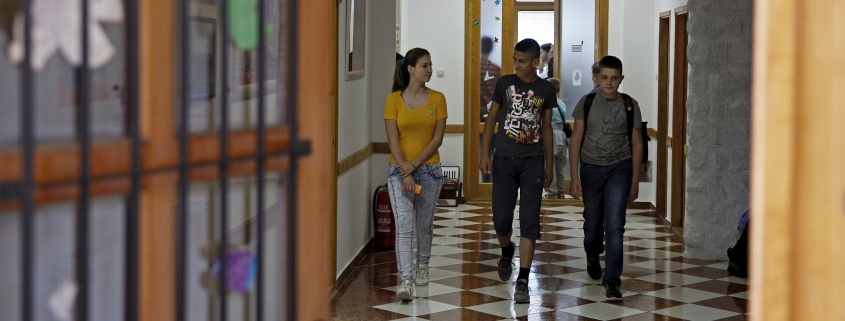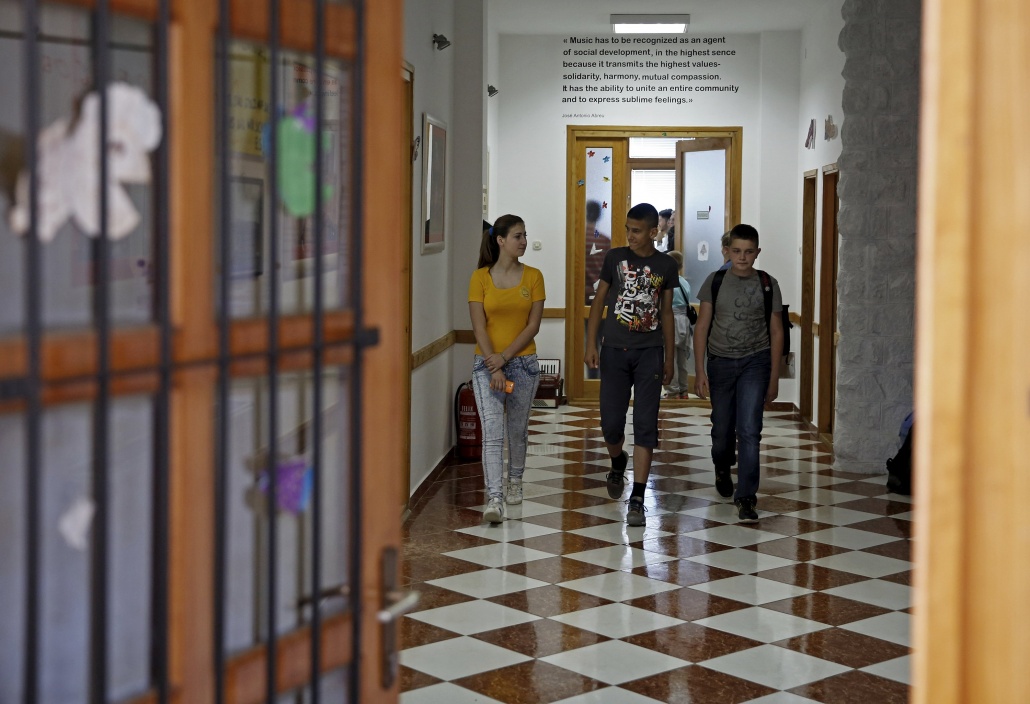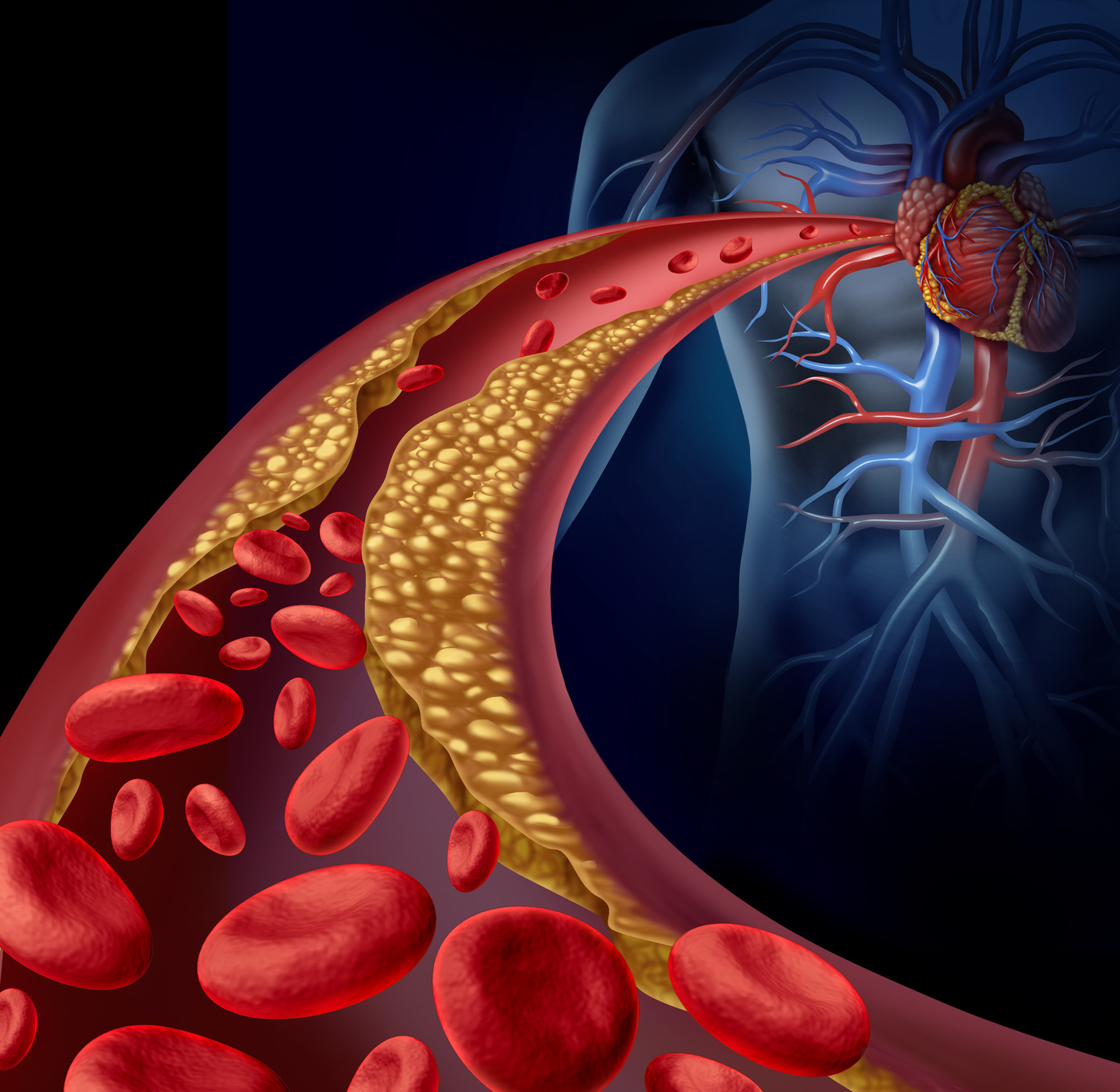20 years on, Srebrenica wounds still bleeding
OnIslam & News Agencies

Members of children’s choir “Superar” leave the music school after practising songs they will perform during the Pope’s visit to Sarajevo in Srebrenica, Bosnia and Herzegovina May 23. Dado Ruvic / Reuters
SREBRENICA – Twenty years might seem enough time to heal any wounds. Yet, in Srebrenica, wounds are still bleeding where thousands of Muslim men, women and children were killed only for being Muslims, the BBC reported on Tuesday, May 26.
“More than 1,000 children were killed,” Hatidza Mehmedovic, whose husband and two young sons were killed in the surrounding hills and valleys in eastern Bosnia and Herzegovina, told a visiting British group of forces personnel and community activists.
“Guns were not taken from their hands; pens and pencils were taken from their hands. These children were taken from schools and killed; amongst them was my youngest son.
“They were not criminals, they did not hate anybody, and they were killed only because they were Muslims,” the mourning mother added.
Mehmedovic stood at the Srebrenica Genocide Memorial in the village of Potacari as the 20th anniversary of Srebrenica massacre approaches.
Bosnia fell into civil war in 1992 that left 200,000 people dead and displaced millions as Serb forces launched ethnic cleansing campaign against Bosnian Muslims.
During the 43-month war, which claimed some 200,000 lives, nearly two million people fled their homes, half a million of them are still listed as refugees.
In the final months of the three-year war, Serb forces, led by General Ratko Mladic, overran Srebrenica, killing some 8,000 Muslim men and boys.
As Mehmedovic recalled the story of her battered family, a British multi-faith delegation was visibly moved, with many wiping away tears as they listen.
The visit was arranged by the Armed Forces Muslim Forum which was formed in 2014 to build stronger relations between the military and the Muslim community.
The three day trip made visitors to feel the pains when they were shown where the killings took place.
“It’s quite a humbling, quite a moving experience” said Captain Naveed Muhammed, who was once deployed as a British soldier in the area 19 years ago.
The Muslim policeman, a practicing Muslim soldier who has served in the Royal Signals regiment for 27 years, walked through the adjoining cemetery to pay his respects to the more than 6,000 victims buried here.
He says it’s hard to describe how overwhelming it is to see the graves of that number of men, boys, children who were not even teenagers at the time.
“Here they are lying before us; they should be in their mid-30s now, in their prime of their lives, yet here they are where they will lie forever.”
Suffering
Hearing Muslims’ tragic stories was suffocating to some members of the interfaith group.
“I felt like my chest was tightening, I felt like the oxygen in my lungs was being squeezed out, I felt physically sick,” mother-of-two and campaigner Ilknur Kahraman said.
As a schoolgirl in the 1990s she was outraged by the images of the Bosnian war on television and fundraised to send humanitarian aid to her fellow Muslims.
The feelings were even worse when she learned that many families waited years before their loved ones were found in mass graves and identified.
“I don’t think I can even begin to imagine what their suffering has been, their pain,” Kahraman said.
Imam Asim Hafiz is a religious advisor to the Ministry of Defence and helped set up the group.
“The forum was established very soon after the murder of Drummer Lee Rigby,” he explains.
“We wanted to send a delegation which is made up of Muslims in the community, Muslims and non-Muslims serving in the forces to go on a journey together – a journey which talks about acceptance, unity and peace.”
The visit has the backing of senior defence officials. But for Captain Naveed Muhammed the journey has been a personal one.
“Being a Muslim, it had an impact on so many fronts, we were talking to the mothers dressed in headscarves, we prayed under the roof of the courtyard and the fact that these men and boys were murdered for being Muslims, that adds many layers of anger and sympathy.
The 20th anniversary of the Srebrenica massacre will be marked with a special ceremony in July where senior figures are expected to attend.
For the relatives of the thousands of victims, no world figure is likely to ease the pain that many of them still carry.
“I don’t know how to hate, yet every day I mourn. I’m sad for all the victims here behind you and every day I ask why this had to happen” says Hatidza Mehmodovic.
17-23

















2015
1,057 views
views
0
comments